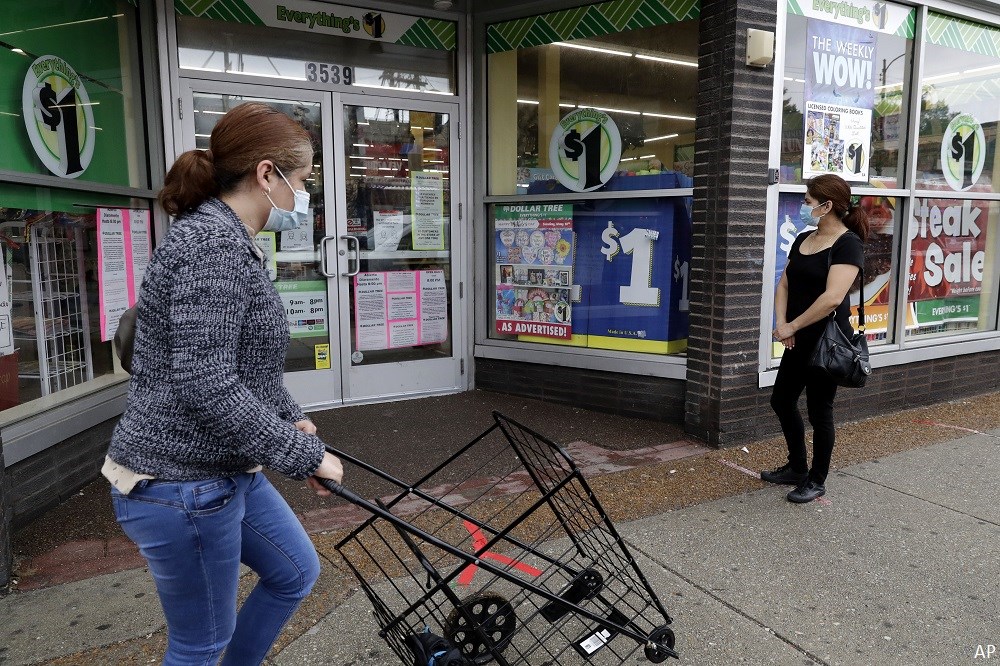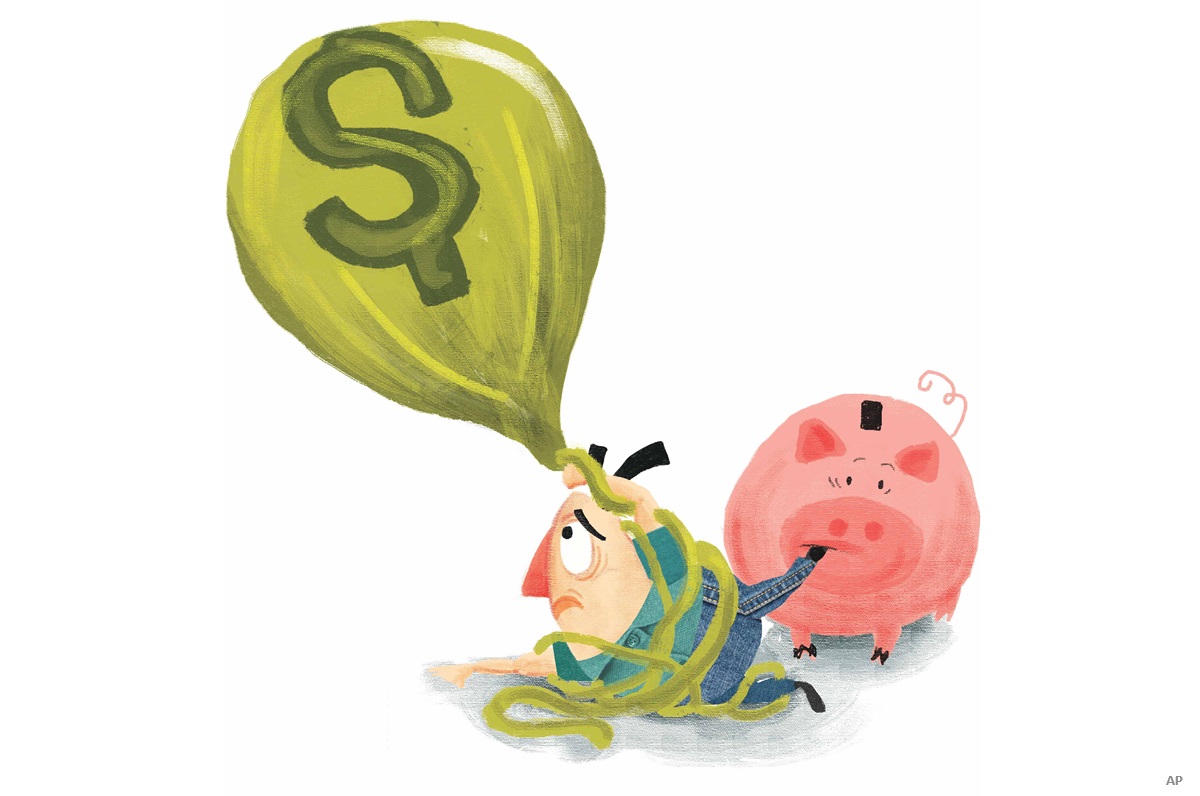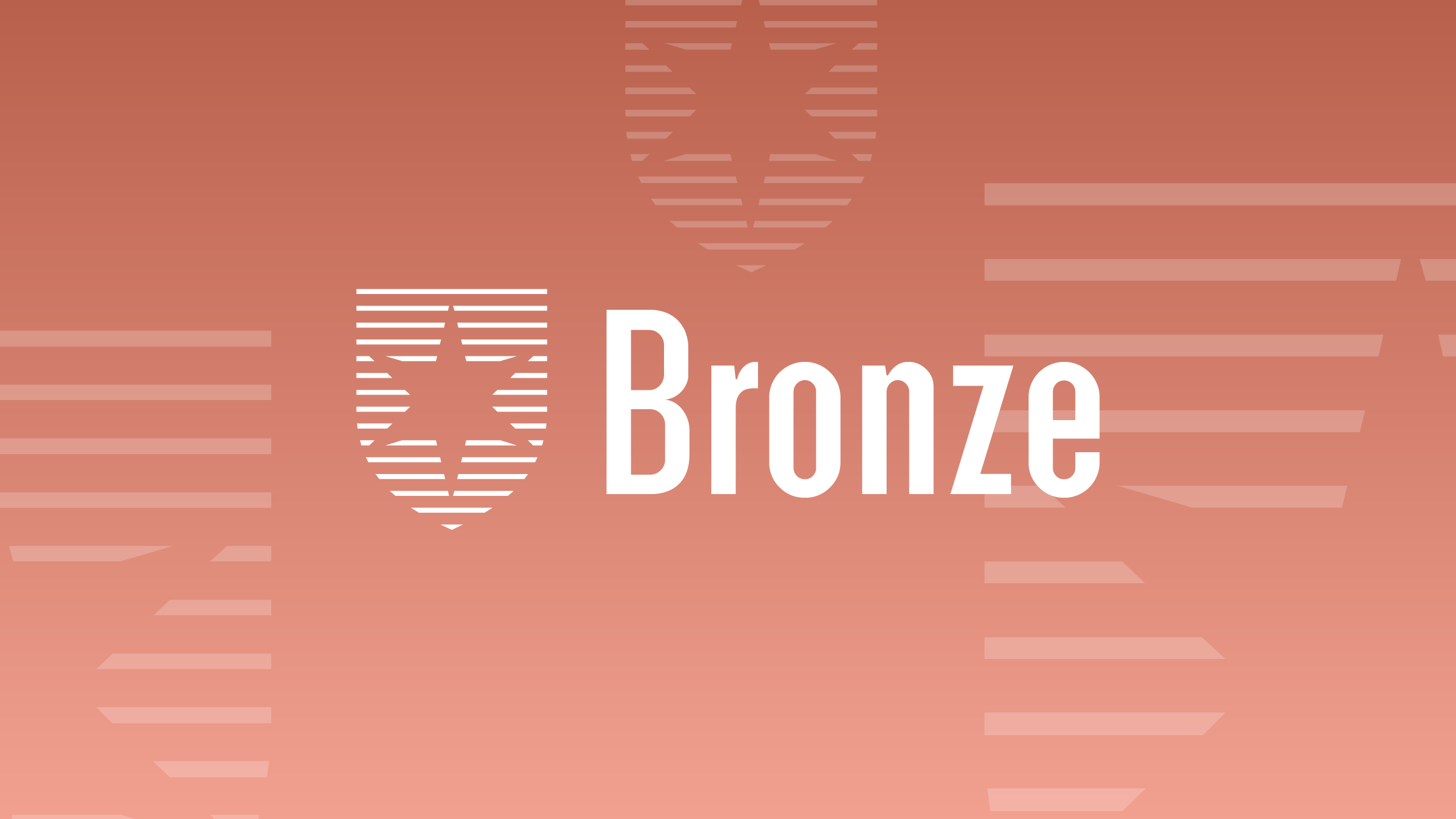
Although emerging markets equities have recovered most of the losses brought on by the COVID-19 pandemic, Philippe Langham admits it is difficult to be fully confident about the short-term because of a host of factors. But the longer-term outlook is positive, argues Langham, and that is where he is focused.
“We don’t know how long COVID will last, what the economic damage will be and we don’t know how markets will react to that,” says Langham, lead manager of the 5-star rated $6.2 billion RBC Emerging Markets Equity Fund D and head of emerging markets equities at London-based RBC Global Asset Management (UK) Limited.
“But we do know that at some point the crisis will pass and markets will look past the crisis. So, yes, we would be optimistic on the longer-term story in emerging markets. They offer very attractive growth rates. And we would expect that growth rates will accelerate in the years ahead being driven by reforms in these areas. We have seen a number of investor-friendly governments being elected throughout emerging markets in recent years,” says Langham, adding their fiscal situation is quite strong when compared to developed markets.
Langham’s optimism is based on a relatively high gross domestic product (GDP) growth and earnings. “Earnings have been reasonably weak in the last decade, driven by margin contraction. Margins have come down due to over-capacity and poor productivity. But these factors are starting to reverse,” says Langham, a London, England native who joined RBC in 2009, where he heads a 10-person team. Before RBC, Langham worked at Credit Suisse and the Kuwaiti Investment Office and spent several years as a chartered accountant.
Double Discount
When emerging markets troughed in March, they did so at valuations measures, such as price-to-book, that were similar in previous crises. “If you compare emerging markets to developed markets, the former is trading at a significant discount. They are also trading below long-term averages, despite the rally since the March lows. From a valuation perspective, there is still plenty of room for emerging markets to continue going up,” says Langham, adding that the discount relative to developed markets is roughly 30-35%.
Langham admits there is a large variation in valuations within the asset class. Some Chinese stocks, for instance, have performed extremely well and are trading above long-term averages. However, many other emerging markets are weak and trading at much lower levels than long-term averages. “For us, the ones that stand out in terms of looking attractive, relative to their long-term history, would be markets like India, Chile and Brazil.” He adds that certain segments within the Chinese equity markets are expensive, and these include the software sector and some healthcare stocks where some are trading at over 50 times earnings. “Even within China, we have seen a very large variation of performance. It’s very important to be selective.”
A bottom-up stock picker, Langham has steered the fund through difficult times and produced above-average returns. Year-to-date (Oct. 8), the fund returned 3.74%, versus 1.97% for the Emerging Markets Equity category. Over three and five years, it averaged 5.93% and 8.24%, compared to 2.75% and 6.53% respectively.
Sustainable Growth Focus
Langham attributes the strong performance to several factors, starting with selecting companies that have sustainable high returns on investment. “For us, it’s important to find companies that can maintain high returns over a long period of time.” Second, from a top-down perspective, the team focuses on areas with long-term growth trends and follows a thematic approach to select about 50 stocks. Some themes include growing middle-income earners and improvements in infrastructure.
Third, the team emphasizes ESG, or environmental, social and governance principles, “This positions us in companies that are long-term winners. Companies that pay attention to ESG tend to have a strong culture of excellence. They think long-term. And they don’t take the same risks and don’t face the same problems as competitors. Their employees are more engaged and more productive. These factors lead to higher long-term returns.”
From a sector perspective, financials are the largest area, at 24.5%, followed by 22.3 % in consumer discretionary stocks, 17.9% information technology and 12.6% consumer staples. On a geographic basis, China is the largest weighting at 24.1%, followed by India 15.1%, Taiwan 14.4%, and 9.2% South Korea.
One favourite name is Housing Development Finance Corp. Ltd. (HDFC) a leading Indian mortgage company. “We like the quality of its management. Their team has a very strong track record and is very well respected in India,” says Langham. “As a result of their track record, they are able to benefit from very low funding costs, compared to competitors. They have had very low bad debts over the years. We see very strong growth.” Mortgage penetration in India is around 5-6% of GDP, says Langham, compared to 20-30% in most emerging markets and 80% in developed markets. “There is a lot of room for mortgages to grow in India.”
In recent years, the firm has been able to compound its growth by 20% a year. The company’s return on equity is over 20%, while the stock is trading at 1.5 times book value.
Another favourite is Antofagasta PLC (ANTO), a UK-based multinational with interests in Chilean copper production. “The outlook for copper is promising, based on a lack of new supply and demand coming from areas such as electric vehicles,” says Langham. What most appeals to Langham is Antofagasta’s corporate culture, which Langham argues is not common in many cyclical companies. “It has a strong focus on ESG. Its owners, the Luksic family, have a number of different assets in Chile. They have always acted very responsibly and tend to be quite conservative and don’t take on much debt. They have a very strong safety record and use renewables for power. They tick all the boxes.”





















